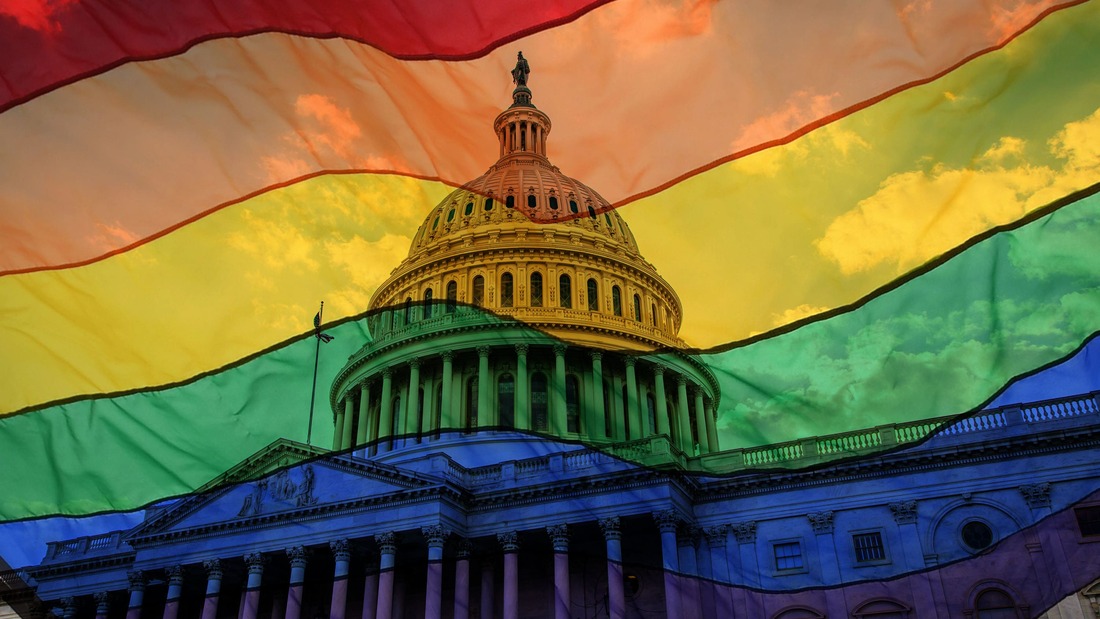|
In principle, the Equality Act – the subject of a Senate Judiciary Committee hearing on Wednesday – should be a welcome final affirmation that LGBTQ Americans enjoy the same civil rights as all Americans. It would amend the 1964 Civil Rights Act to forbid discrimination on the basis of sex, sexual orientation, and gender identity in areas ranging from employment, to credit, to housing.
During the Senate Judiciary Committee hearing, however, witnesses highlighted problematic provisions that could encroach on the First Amendment religious liberties of other Americans in the name of civil rights. The hearing revealed the need to fully codify the rights of LGBTQ Americans in all major dimensions of American life. But it also revealed that the Equality Act would expand the definition of public accommodation under civil rights law to include any church, temple or mosque that provides a social service, from protecting battered women to providing soup kitchens for the homeless. This provision presents a multitude of thorny issues. Would the Equality Act forbid the gender separation of people by sex in the traditional ways practiced by Orthodox Jews and Muslims? Would it require Catholics and evangelical Christians to provide health services that conflict with their pro-life views? After some partisan fireworks, Sen. Thom Tillis (R-NC) ended on a welcome note of potential cooperation with committee Chair Dick Durbin (D-IL). “Even in 2021 our LGBTQ friends and family regularly still face discrimination – from employment, health care, housing, homelessness,” Sen. Tillis said. “This is wrong in any aspect.” Sen. Tillis also noted that there are “serious and legitimate issues” in which “desperate and in some cases competing interests” are unnecessarily pitted against one another by the Equality Act. “Freedom of religion and the free exercise of faith is our most important and sacred Constitutional right,” he said. “It is literally why this nation was founded.” Then he said, “I want to find a compromise that prevents discrimination against anybody in the LGBTQ community, any American. But I also want to protect Americans’ faith … I am afraid that if we don’t get this right, we could on the one hand make progress but create polarization that could create future polarization on this issue.” Chairman Durbin wrapped up the hearing by thanking Sen. Tillis for his suggestion that the two sides work together to find an acceptable compromise. “Wouldn’t it be refreshing if we had a constructive, non-confrontational conversation about our mutual concerns?” Comments are closed.
|
Archives
June 2024
Categories
All
|
ABOUT |
ISSUES |
TAKE ACTION |



 RSS Feed
RSS Feed